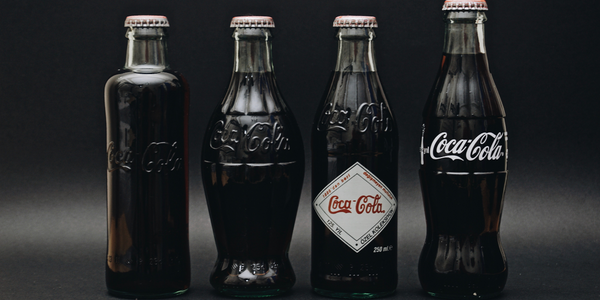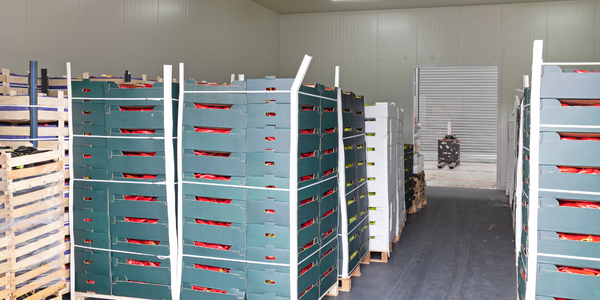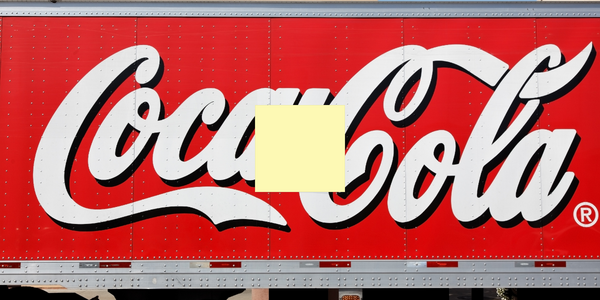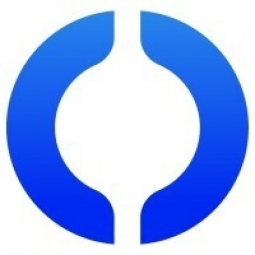Customer Company Size
SME
Region
- America
Country
- United States
Product
- Fishbowl Manufacturing
Tech Stack
- Inventory Management System
- Barcode Scanning
Implementation Scale
- Enterprise-wide Deployment
Impact Metrics
- Productivity Improvements
- Customer Satisfaction
Technology Category
- Functional Applications - Inventory Management Systems
Applicable Industries
- Food & Beverage
Applicable Functions
- Discrete Manufacturing
- Warehouse & Inventory Management
Use Cases
- Inventory Management
- Track & Trace of Assets
Services
- System Integration
About The Customer
Teas Etc. is an award-winning specialty tea importer and manufacturer based in West Palm Beach, Florida. The company was established in 1998 by Beth Johnston, who serves as the founder and CEO. Teas Etc. sells its products through retail and wholesale channels. The company is actively involved in the tea industry, with Johnston serving on the World Tea Expo Advisory Board, contributing to various trade publications, and being an educator at World Tea Expo since 2008. Despite her busy schedule, Johnston still finds time to run her growing business, maintaining high quality standards for all of her products.
The Challenge
Teas Etc., a specialty tea importer and manufacturer, was facing challenges with its inventory management. After a decade of using QuickBooks, the company found that it was unable to keep up with their growing inventory needs. They needed a solution that could help them know when to reorder base teas, which are used in more than 200 SKUs, and be able to track locations and quantities of those teas. Often, they only discovered they were out of a particular tea after an order had come in for it. This led to delays and other serious customer service problems. The company's orders, inventory load, number of customers, and regulatory requirements were too great for their current inventory management system to handle.
The Solution
Teas Etc. found the solution to their inventory management problems in Fishbowl Manufacturing. This tool allowed them to create recipes for all of their tea blends, which include not just the amount of each base tea to put into them and what containers and packaging to use for delivery. Fishbowl Manufacturing keeps track of how much base tea is left after blends are put together and sold. This allows Teas Etc. to see when they are getting low on certain ingredients and when it’s time to reorder. Mobile barcode scanners allow warehouse workers to scan in inventory and check where to find various ingredients for production and final products for sending to customers. This system has dramatically improved Teas Etc.’s ability to stay organized and consistently please customers.
Operational Impact

Case Study missing?
Start adding your own!
Register with your work email and create a new case study profile for your business.
Related Case Studies.

Case Study
The Kellogg Company
Kellogg keeps a close eye on its trade spend, analyzing large volumes of data and running complex simulations to predict which promotional activities will be the most effective. Kellogg needed to decrease the trade spend but its traditional relational database on premises could not keep up with the pace of demand.

Case Study
HEINEKEN Uses the Cloud to Reach 10.5 Million Consumers
For 2012 campaign, the Bond promotion, it planned to launch the campaign at the same time everywhere on the planet. That created unprecedented challenges for HEINEKEN—nowhere more so than in its technology operation. The primary digital content for the campaign was a 100-megabyte movie that had to play flawlessly for millions of viewers worldwide. After all, Bond never fails. No one was going to tolerate a technology failure that might bruise his brand.Previously, HEINEKEN had supported digital media at its outsourced datacenter. But that datacenter lacked the computing resources HEINEKEN needed, and building them—especially to support peak traffic that would total millions of simultaneous hits—would have been both time-consuming and expensive. Nor would it have provided the geographic reach that HEINEKEN needed to minimize latency worldwide.

Case Study
Energy Management System at Sugar Industry
The company wanted to use the information from the system to claim under the renewable energy certificate scheme. The benefit to the company under the renewable energy certificates is Rs 75 million a year. To enable the above, an end-to-end solution for load monitoring, consumption monitoring, online data monitoring, automatic meter data acquisition which can be exported to SAP and other applications is required.

Case Study
Coca Cola Swaziland Conco Case Study
Coco Cola Swaziland, South Africa would like to find a solution that would enable the following results: - Reduce energy consumption by 20% in one year. - Formulate a series of strategic initiatives that would enlist the commitment of corporate management and create employee awareness while helping meet departmental targets and investing in tools that assist with energy management. - Formulate a series of tactical initiatives that would optimize energy usage on the shop floor. These would include charging forklifts and running cold rooms only during off-peak periods, running the dust extractors only during working hours and basing lights and air-conditioning on someone’s presence. - Increase visibility into the factory and other processes. - Enable limited, non-intrusive control functions for certain processes.

Case Study
Temperature Monitoring for Restaurant Food Storage
When it came to implementing a solution, Mr. Nesbitt had an idea of what functionality that he wanted. Although not mandated by Health Canada, Mr. Nesbitt wanted to ensure quality control issues met the highest possible standards as part of his commitment to top-of-class food services. This wish list included an easy-to use temperature-monitoring system that could provide a visible display of the temperatures of all of his refrigerators and freezers, including historical information so that he could review the performance of his equipment. It also had to provide alert notification (but email alerts and SMS text message alerts) to alert key staff in the event that a cooling system was exceeding pre-set warning limits.

Case Study
Coca-Cola Refreshments, U.S.
Coca-Cola Refreshments owns and manages Coca-Cola branded refrigerators in retail establishments. Legacy systems were used to locate equipment information by logging onto multiple servers which took up to 8 hours to update information on 30-40 units. The company had no overall visibility into equipment status or maintenance history.







